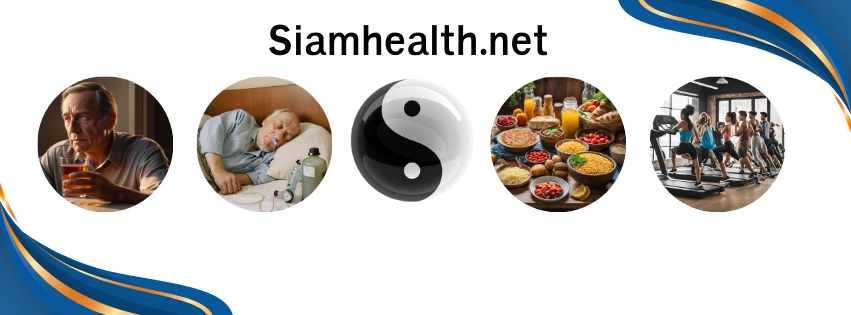
หน้าหลัก | สุขภาพดี | สุภาพสตรี | การแปลผลเลือด | โรคต่างๆ | ยารักษาโรค |วัคซีน | อาหารเพื่อสุขภาพ
a
Anticoagulant and Antiplatelet Drugs
Overview
Anticoagulants and antiplatelet drugs eliminate or reduce the risk of blood clots. They’re often called blood thinners, but these medications don’t really thin your blood. Instead, they help prevent or break up dangerous blood clots that form in your blood vessels or heart. Without treatment, these clots can block your circulation and lead to a heart attack or stroke.
Both antiplatelets and anticoagulants work to prevent clots in your blood vessels, but they work in different ways.
Antiplatelets interfere with the binding of platelets, or the process that actually starts the formation of blood clots.
Anticoagulants interfere with the proteins in your blood that are involved with the coagulation process. These proteins are called factors. Different anticoagulants interfere with different factors to prevent clotting.
There are many anticoagulants, including:
Common antiplatelets include:
71% of people agree that underrepresented communities in the US face greater hardships in accessing healthcare. Learn how they’ve been affected, and how you can help, today.
Your doctor may recommend an anticoagulant or antiplatelet drug if you have one or more of the following conditions. Each of these can cause blood to pool in your vessels, which can lead to clot formation:
Your doctor may also prescribe one of these drugs if you’ve had heart valve surgery.
If you take warfarin, you will have regular blood tests called international normalized ratio (INR) tests. The results help your doctor decide if the medication is at the right level in your body. Your doctor may also run other tests if you take different medications.
There are side effects associated with anticoagulant or antiplatelet drugs, and some can be serious. Call your doctor if you notice any of the following symptoms while taking any anticoagulant or antiplatelet drugs:
Because of the side effects of these types of drugs, certain people have an increased risk of complications when using them. Some people shouldn’t use them at all. If you have bleeding disorder, diabetes, high blood pressure, balance problems, congestive heart failure, or liver or kidney problems, talk to your doctor. Warfarin may increase your risk of complications from these conditions. If you are pregnant or breastfeeding, do not use warfarin. Doing so can increase the risk of fetal death and harm to your baby.
Some drugs and dietary supplements can further increase your risk of bleeding, so tell your doctor about all of the prescription and over-the-counter products you take.
While you take any of these drugs, follow these tips to help keep you healthy and safe:
The risks and side effects of these drugs can be serious. When taking anticoagulant and antiplatelet drugs, follow the instructions your doctor’s instructions and call your doctor if you miss a dose.
Last medically reviewed on August 23, 2019
4 sourcescollapsed






